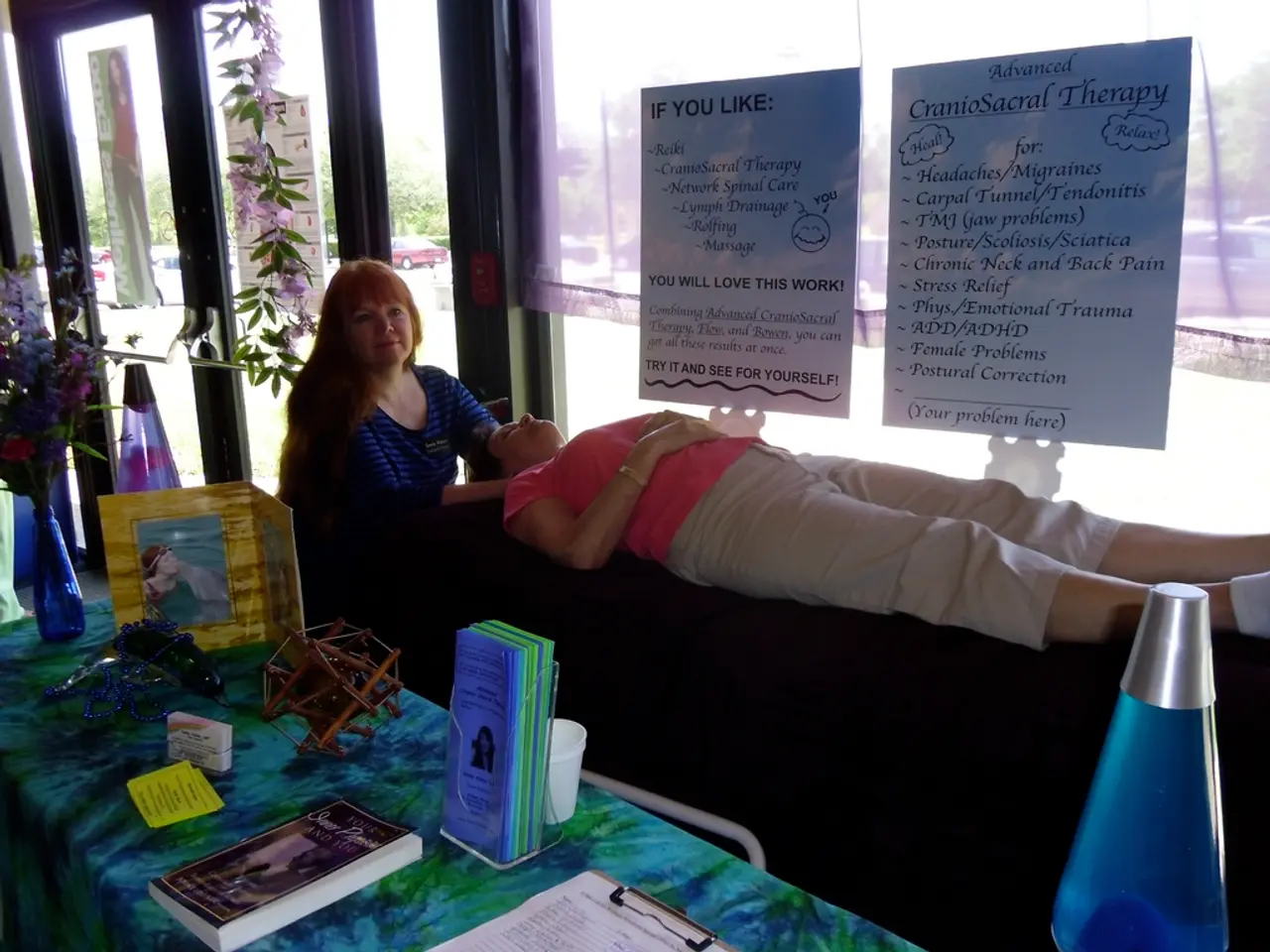Accessing Rights and Exploring Choices for Bipolar Disorder: A Guide to Housing Accommodations
The process for obtaining Section 504 accommodations for individuals with bipolar disorder in both educational institutions and workplaces involves several key steps centered around documentation, evaluation, and collaboration to ensure equal access and support.
**In Educational Institutions**
1. **Submit a Formal Request:** The process begins with a written request for accommodations by the student, parent, or teacher to the school’s Disability or Accessibility Services office.
2. **Provide Supporting Documentation:** Documentation must include a diagnosis of bipolar disorder and demonstrate how the condition substantially limits one or more major life activities, such as learning, concentrating, or regulating emotions. Useful documentation could be a psychological evaluation, medical records, a 504 Plan or IEP from prior schools, or documentation from a psychiatrist or mental health professional.
3. **School Evaluation:** The school reviews the submitted documentation and may evaluate the student’s functional limitations and the impact of bipolar disorder on learning and behavior. This often includes a meeting with the student/family to discuss accommodation needs.
4. **Eligibility Determination and Meeting:** A team (including school personnel, parents, and sometimes the student) holds an eligibility meeting to decide whether the student's condition qualifies under Section 504 and to develop an accommodation plan tailored to their needs.
5. **Development and Implementation of the 504 Plan:** Once eligibility is confirmed, a 504 Plan is created specifying accommodations such as extended test time, quiet testing environments, breaks during class, behavior intervention plans, or flexible attendance policies. The plan is then shared with relevant staff to implement accommodations effectively.
6. **Follow-Up and Reevaluation:** Accommodations under Section 504 are monitored and can be adjusted as needed to ensure they meet the student’s evolving needs.
**In the Workplace**
For workplaces, Section 504 is part of the broader Rehabilitation Act of 1973, which prohibits discrimination based on disability and requires reasonable accommodations for employees with disabilities, including bipolar disorder. The process generally includes:
1. **Disclosure and Request:** The employee must disclose their condition to their employer’s human resources or disability coordinator and formally request accommodations.
2. **Medical Documentation:** The employer may require medical documentation verifying the diagnosis and explaining work-related limitations.
3. **Interactive Process:** The employer and employee engage in a dialogue to identify reasonable accommodations—such as flexible scheduling, modified workloads, or a quiet workspace—that enable the employee to perform essential job functions.
4. **Implementation and Monitoring:** Agreed-upon accommodations are put into place, and the situation is monitored to ensure effectiveness.
This structured process ensures that individuals with bipolar disorder receive the necessary support to access education and employment equitably under Section 504. It is crucial to continue improving awareness and understanding of bipolar disorder, challenging stigma, sharing personal stories, and promoting compassionate conversations.
To qualify for 504 accommodations, individuals with bipolar disorder must have a documented diagnosis from a qualified medical professional and demonstrate that their disorder significantly impairs one or more major life activities. 504 accommodations are essential for individuals with bipolar disorder to thrive in educational and workplace settings, offering adjustments such as classroom environment modifications, flexible attendance policies, extended test-taking time, and access to counseling services. Section 504 of the Rehabilitation Act of 1973 provides reasonable accommodations to individuals with disabilities, including those with bipolar disorder.
- To access health-and-wellness resources that cater to individuals with bipolar disorder, it might be beneficial to seek out therapy sessions with a mental health professional, as they can offer strategies to manage symptoms and improve mental health.
- In the realm of science, research on sleep patterns and their relationship to bipolar disorder is ongoing, with the goal of uncovering new insights to aid in the development of effective treatments and management strategies.
- Moreover, stress management techniques, such as deep breathing exercises, mindfulness, and yoga, can prove useful in minimizing the impact of stress on an individual with bipolar disorder, supporting overall mental well-being.
- Lastly, it is essential to embrace the importance of mental health within society and promote a culture of understanding, empathy, and compassion, further advocating for resources and services dedicated to supporting those with bipolar disorder in health-and-wellness, education, and employment settings.




